Profiles of 2023-2024 CRS Fellows
Josue Aciego
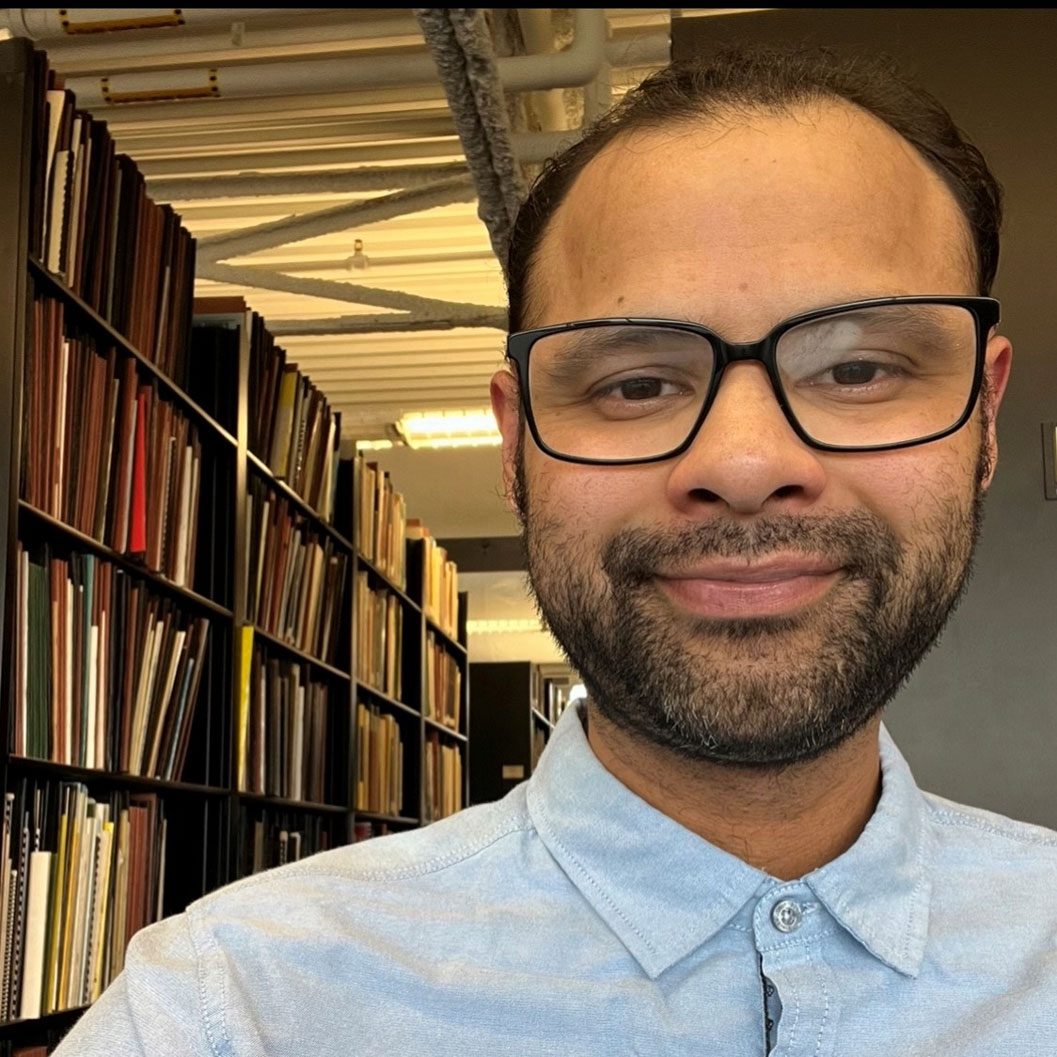
Josue Aciego is a PhD candidate in the Department of Anthropology. Josue grew up in a migrant community in the US southeast where several Indigenous Mesoamerican languages as well as Spanish were spoken. Josue’s current dissertation project examines Indigenous erasure in El Salvador, a country considered bereft of Indigenous people. Recently, scholars have identified “the vanishing Indian” discourse, which purports that indigenous people no longer inhabit certain regions, as a key culprit that generates this belief. In this view, if Indigenous people no longer speak an Indigenous language, wear traditional dress, or practice a pre-Columbian religion then they are believed to have vanished. In contrast, Josue posits that rural Salvadorans at his field site express their Indigenous heritage, not through these discrete traits, but through their relationship to water and land. This relationship is dynamic, responds to a changing environment, and maintains a strong relationship with pre-Columbian land tenure.
Emily Arasim-Beltrán
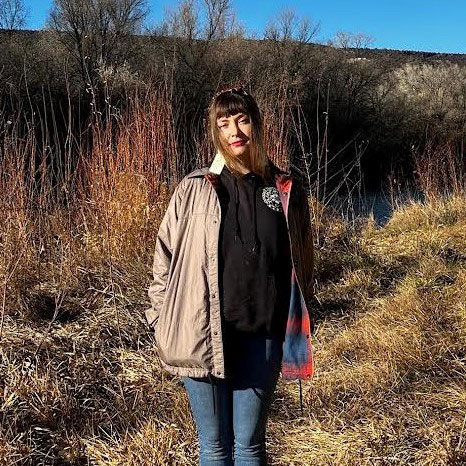
Emily Arasim-Beltrán is a farmer, educator, and organizer from Northern New Mexico. She is a Candidate for a Masters Degree in Community and Regional Planning, with a focus on cultivating health and justice in rural and other disinvested communities. Emily's planning work responds to the interconnected crises of rural economic inequity; food justice and community health; climate change; and threats to agricultural land and farming traditions. Within this framework, her thesis will explore the historic landscape of the local grocery stores that have served as sources of social cohesion, health and economic life in rural New Mexico; the processes that have led to their abandonment and/or dis-investment; and pathways for community-led revitalization. Outside of the University, Emily currently serves as the Strategic Plan Coordinator for the Environmental and Economic Justice Leadership Team of Valle de Oro National Wildlife Refuge. She has previously worked for organizations including the New Mexico Acequia Association, Northern Youth Project, Communities for Clean Water, Acequia Madre de Tesuque Commission, and the Women’s Earth and Climate Action Network.
Javier Astorga
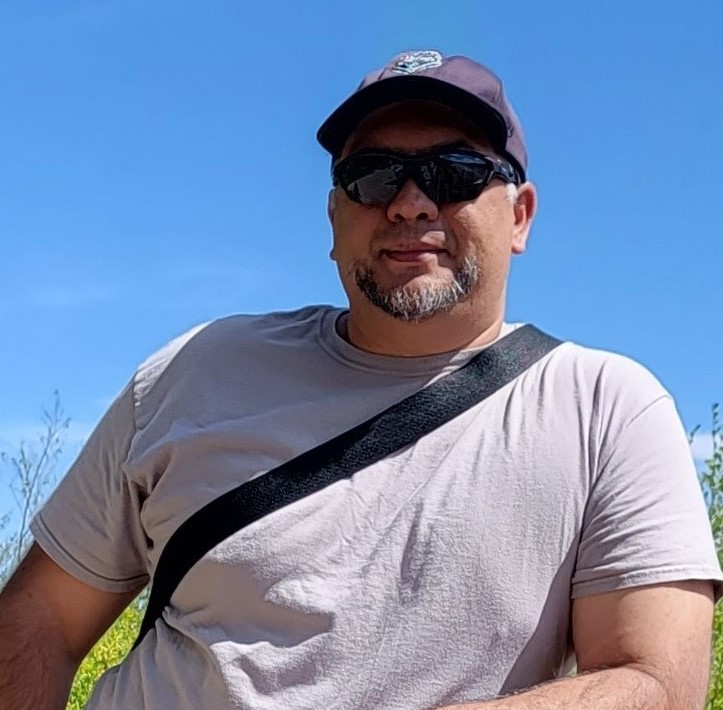
Javier Astorga is doctoral candidate in the Latin American Studies program at the University of New Mexico, with concentrations in cultural geography and community planning. His areas of research interest are critical cartography, applied anthropology, and border/immigrant communities. Javier is originally from Venezuela and came to the U.S. to complete graduate studies as a Fulbright recipient. Javier’s dissertation project investigates ‘el Presidio’, the classical Spanish fortified complex designed and projected by the Spanish Empire over the Americas, with focus on North America and the Caribbean. With research work performed in unique repositories at UNM-Zimmerman University Library, the Newberry Library (Chicago), and the Mapoteca Manuel Orozco & Berra (Mexico), Javier Astorga argues that a persistent colonial-military gazing endured beyond the monumental decay of Spanish fortifications, evolving through modern cartographical and architectural cultures that ended up shaping modern geographical imaginaries and territorialization in North America and the Caribbean.
Erin Berkowitz
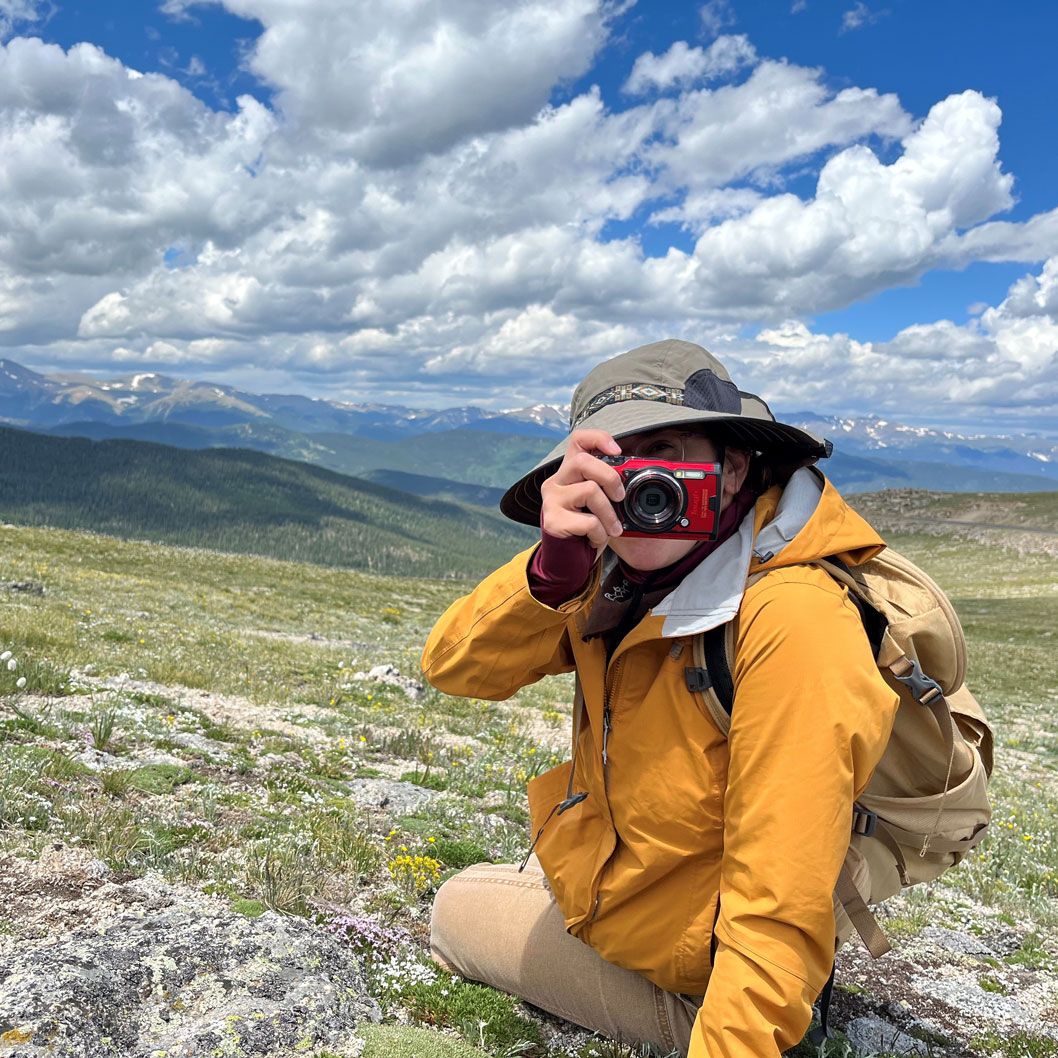
Erin Berkowitz is a second-year master’s student in the Department of Museum Studies. For her thesis she is investigating the long-term effects of climate change on alpine plant phenology in the Southern Rocky Mountains. Her work will utilize historical herbarium specimens, containing phenological data dating back to the 1800’s, synthesized with new collections and analyzed alongside climate data to better understand the effects of climate change on vulnerable alpine habitats.
Rachel Bordeleau
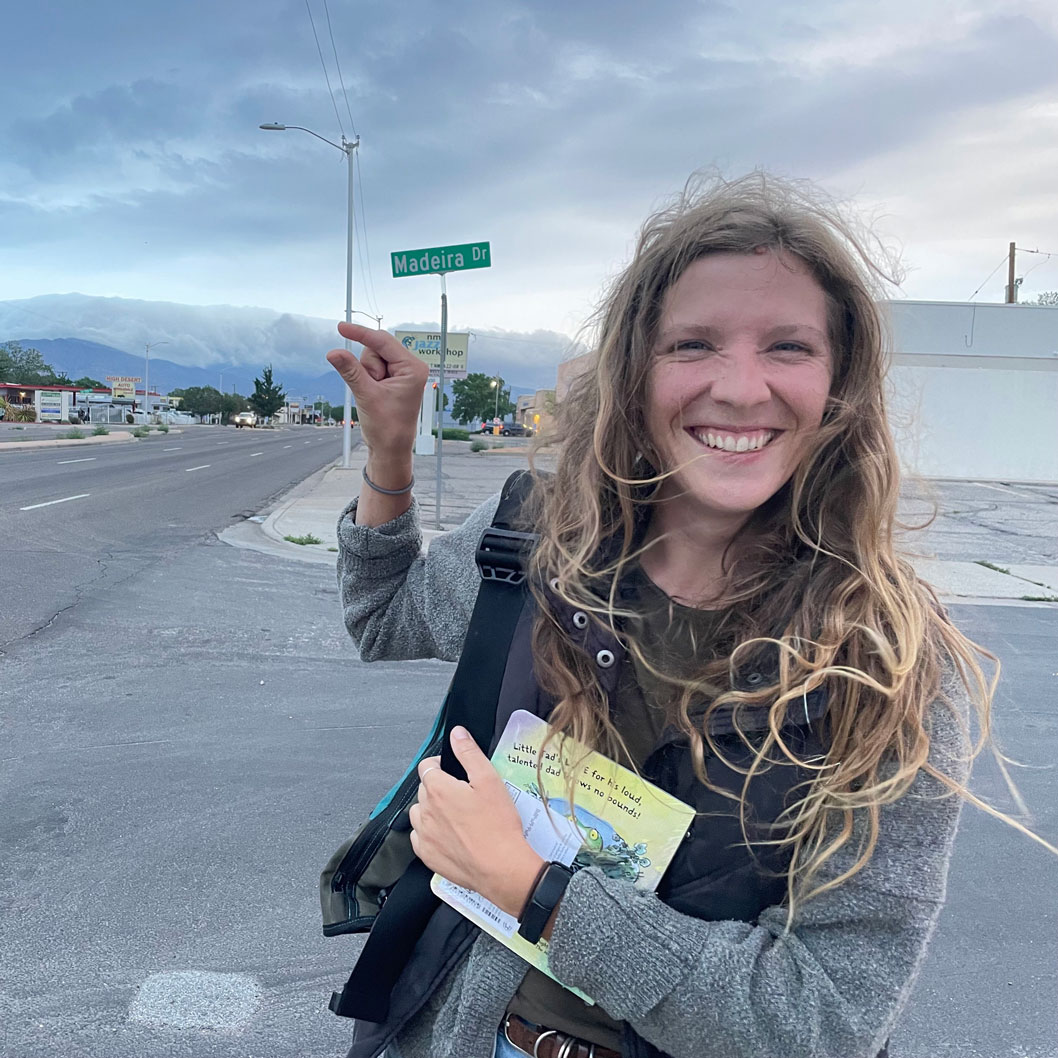
Rachel Bordeleau is a third-year MFA student in the Art & Ecology program where she explores how humans construct place and the ways landscapes tell stories. Her research is currently centered on the stories told through plant migrations along the Middle Rio Grande bosque (forest). As the iconic cottonwoods of the bosque near the end of their reign, highly adaptive, invasive plants continue to establish themselves along the river’s banks. These plant communities evolved in relation to and alongside human activity with the river over time, responding to increased water demands, changing climate conditions, and development. Rooted in an experiential art practice, Rachel seeks to examine the entanglements between a living past and a resilient future amid rapidly changing environmental conditions.
Meghann Chávez
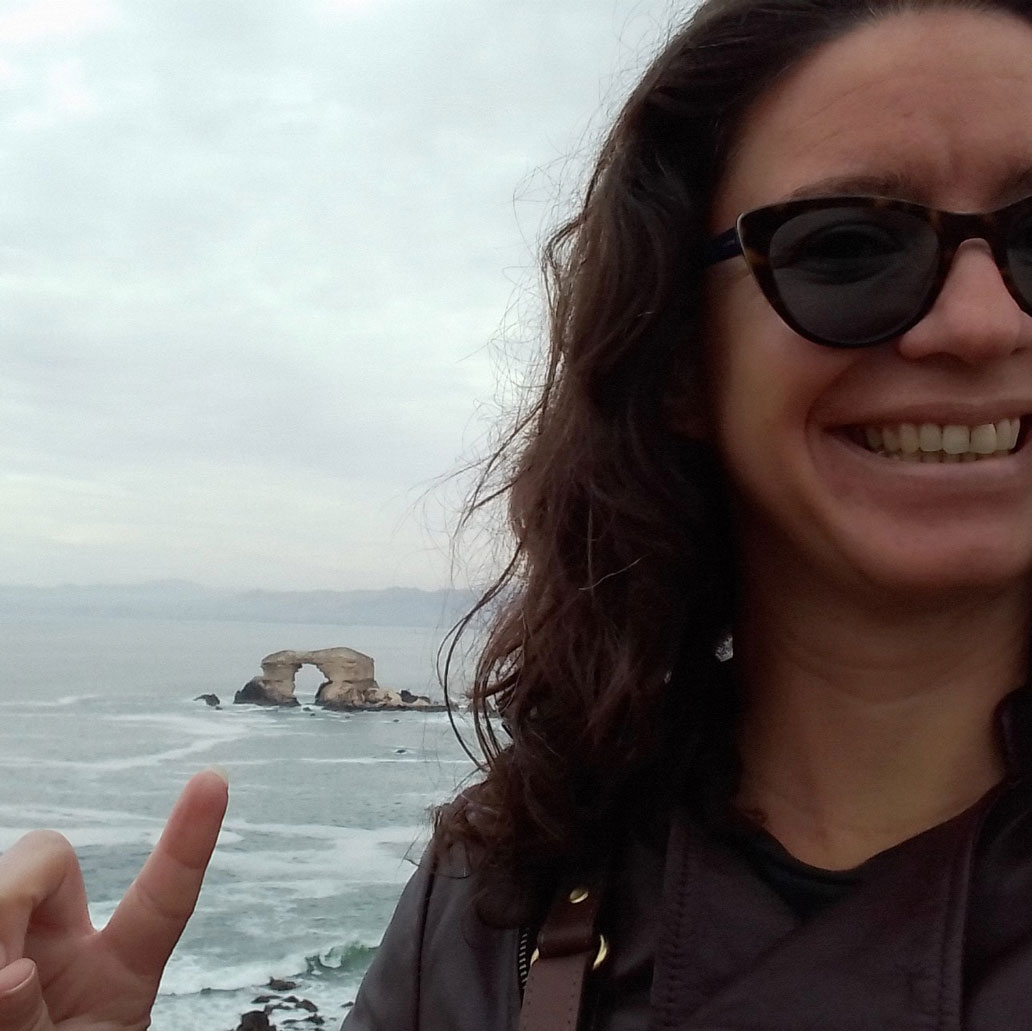
Meghann Chávez is a Ph.D Candidate in the Department of History. She holds an MA in Public History from Florida International University as well as undergraduate degrees in both economics and history from the University of Colorado. Her work experience is primarily in accounting but also includes historic sites. At the University of New Mexico, her doctoral research investigates the intersections of politics, economics, and gender in Cold War Chile using the beauty salon as a focal point of activity. The beauty salon focuses attention on small business owners and communities in order to assess the ways in which popular politics, Cold War rhetoric, and economic policy collide to shape people’s daily lives and choices. This research incorporates public records and periodicals as well as oral histories to gain greater understanding of how different people experienced and influenced the profound changes to institutions which occurred in their lifetimes.
Michael Flaherty
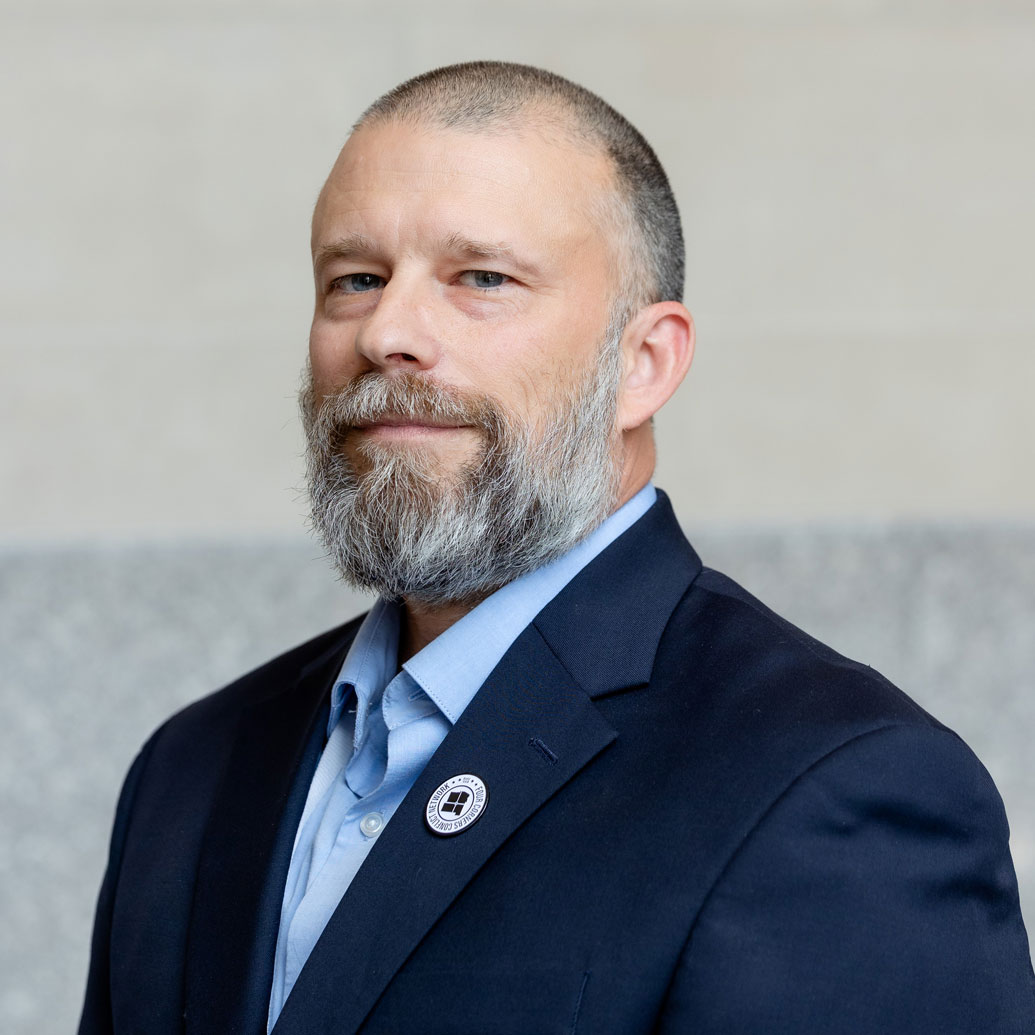
Michael Flaherty is a PhD Candidate in Political Science with concentrations in Public Policy and International Relations. Flaherty is also a Public Policy Fellow at the Wilson Center for International Scholars in Washington D.C., currently. His dissertation research in Public Policy is focused on non-incremental policy change, through the integration of the Multiple Streams Framework and Advocacy Coalition Framework. In International Relations, his research is focused on conflict with regional specializations in Europe and Africa. Mr. Flaherty employs both qualitative and quantitative methods in his research. and was selected to attend the Institute for Qualitative and Multi-Method Research (IQMR) at Syracuse University in 2023. Flaherty was previously a senior intelligence officer in the Department of Defense. He conducted extensive field work in Africa and Europe, during which time he worked closely with international organizations and foreign partners as a Special Operations Liaison.
Gustavo García
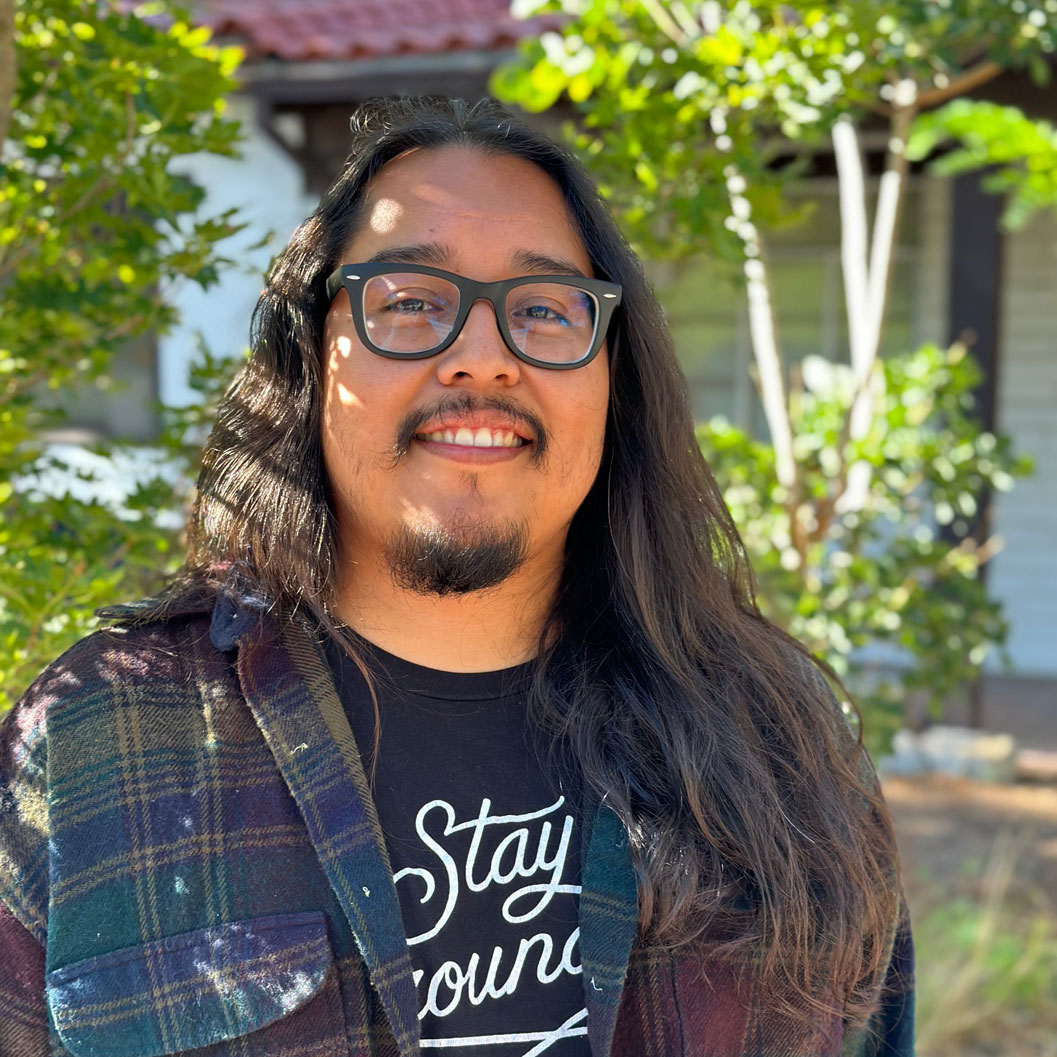
Gustavo García is a PhD candidate in the department of Chicana/o Studies. He received his BA in American Indian Studies and Chicana/o Studies at the University of California Los Angeles and an MA in American Studies at the University of New Mexico. His dissertation project Constellations of Oaxacan Worldmaking: Resistant Cultural Expressions across OaxaCalfornia explores the counter hegemonic and community forms of cultural expression of Oaxacan communities. His project brings together an archive of Oaxacan Worldmaking expressions such as art, music, poetry, and zines to examine histories of colonialism and political dissent. During the CRS fellowship, Gustavo will be working on a chapter of his dissertation, “The Ungovernable Music of Zapotec Rebels: Hip hop, Ska, and Son Jarocho.” This chapter delves into the counter cultural expressions and productions of artists and collectives who use music to protest settler and capitalist institutions and ideologies in Mexico and the United States.
Margo Gustina
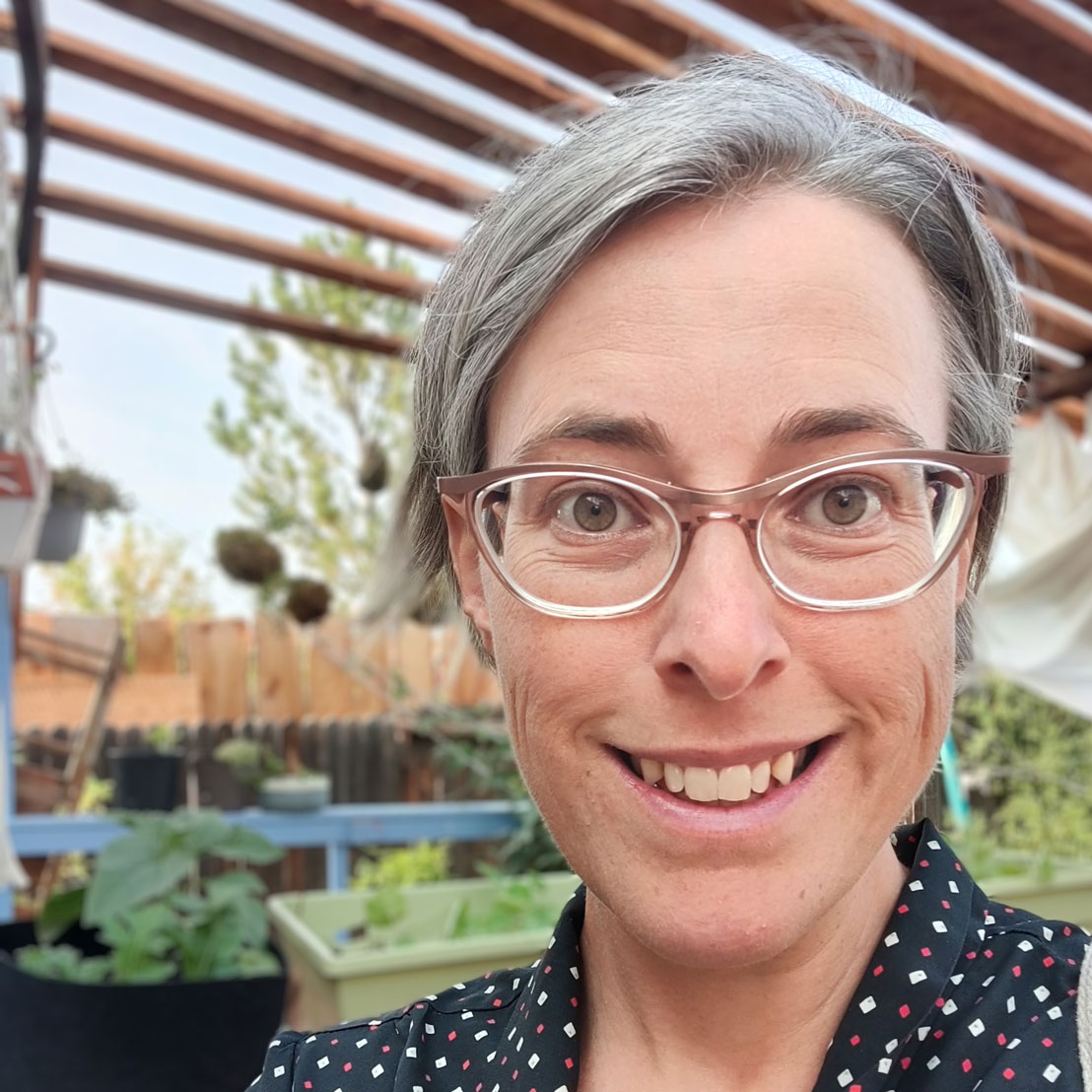
Margo Gustina is a PhD candidate in the Department of Economics. Their dissertation, "Shelter from the Storm: Uncertainty and Public Library Value", models the value, impact, and optimization of this common infrastructure through pandemic closures, intensifying climatic stress, and shifting adaptive capacities. The results of this research will expand the small empirical literature on libraries and inform multiple policy and funding tools for library and civic planners. Margo's work is funded in part by the Institute of Museum & Library Services (grant# LG-250030-PLS-21). They are an inaugural Bowden Fellow for the University of Texas at Austin and a founding member of the Collaborative Institute for Rural Communities & Librarianship. Margo received their MA in Economics from University of New Mexico, their MS in Library and Information Science from Syracuse University, and their BS in Cultural Studies with Comparative Literature from SUNY Empire State College.
Julie Jaramillo
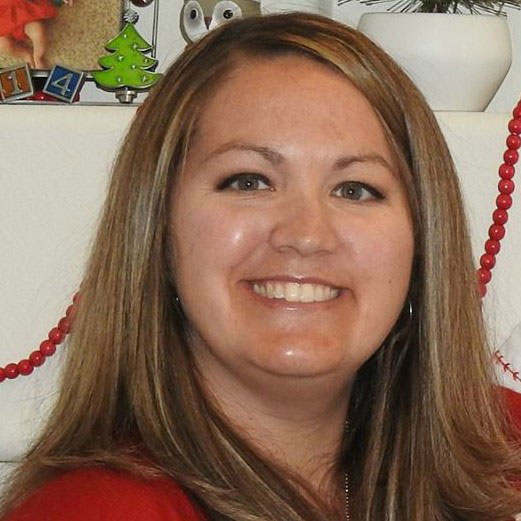
Julie Jaramillo is currently pursuing a Ph.D. in Educational Psychology at the University of New Mexico. She is currently researching the mechanism through which low-income Hispanic student enroll in postsecondary education. Throughout her career Julie has faithfully served students, families, educators, and administrators in cultivating a more collaborative, data-centric environment. Professionally, she leads participatory evaluation, fostering data literacy and supporting data-informed decisions among educators. Additionally, Julie has a bachelor’s degree in Managing Information Systems and a Master of Science in Data Analytics. In the context of education, where the needs are limitless, but the resources are limited, data lights the way. It is this belief that keeps Julie committed to identifying ways to increase college enrollment and upward social mobility for ALL students.
Mishelle Jurado
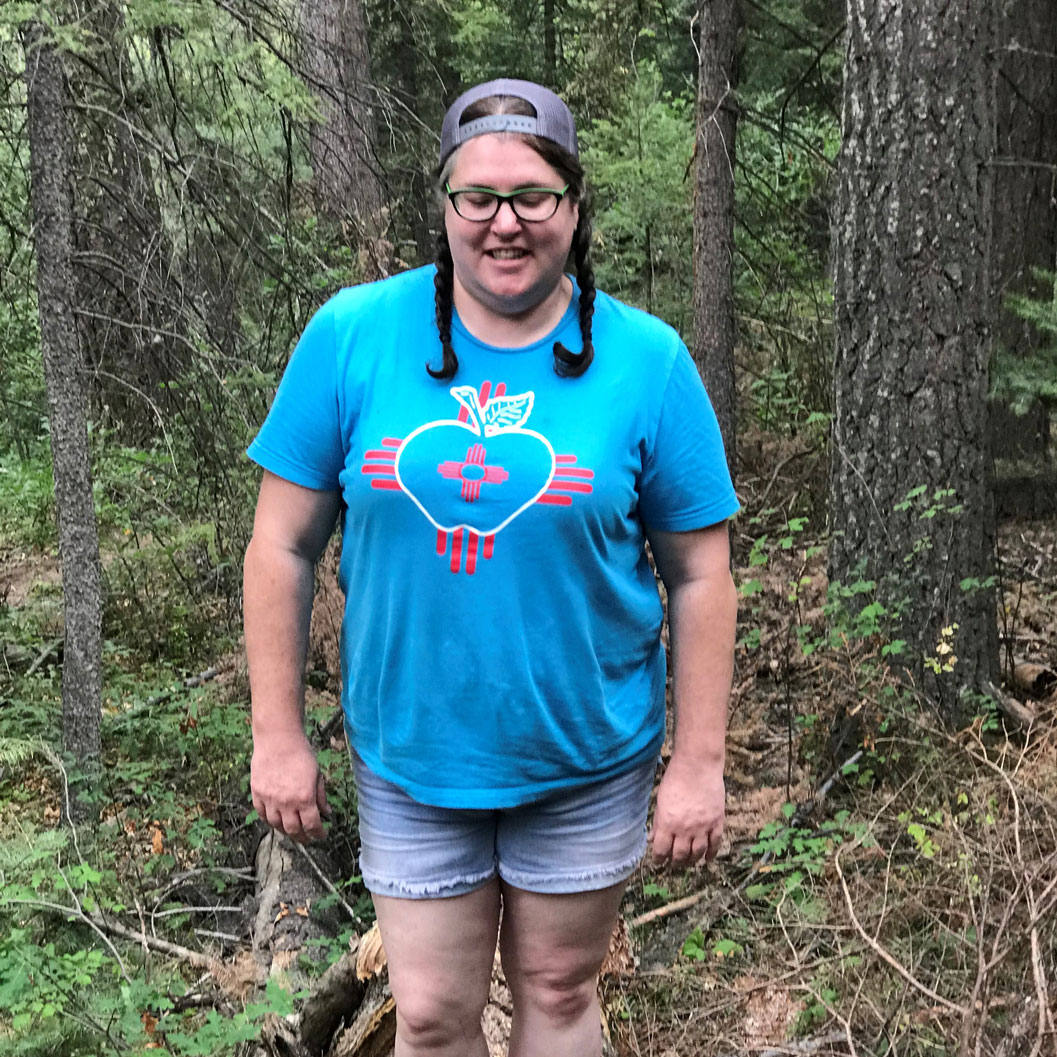
Mishelle Jurado is a PhD ABD student in Language, Literacy, and Sociocultural Studies at the University of New Mexico and a high school Spanish Language Arts teacher (Spanla). Her scholarship is about bilingualism, bilingual teacher identity, US Spanish Language Arts Curriculum, Borderlands, and Figured Worlds. Her dissertation research utilizes critical narrative inquiry methodology to acknowledge and center the lived experiences and language practices of high school Spanla teachers in Dual Language programs. Her study is the first of its kind for US Spanla teachers. They, the teachers and researcher, theorize on what it means to be a Spanla teacher and the curriculum they create in the borderlands through their narratives. Mishelle is currently working on her IRB to begin her data collection this fall with urban and rural Spanla teachers from New Mexico. She hopes her study will provide support for current and up incoming Spanla teachers in bilingual programs in New Mexico and the US.
Bryana Olmeda
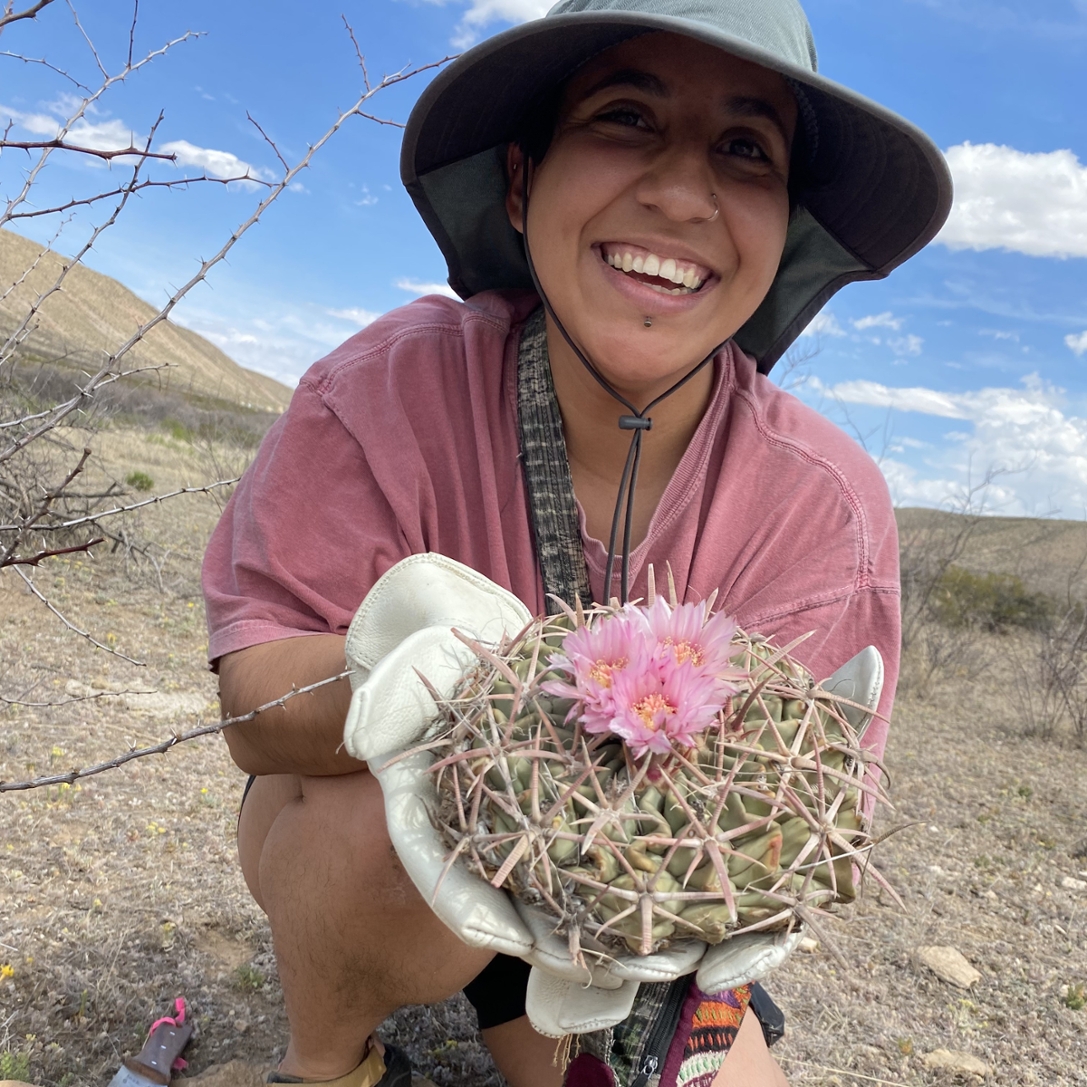
Bryana Olmeda is a second year MS student in the Biology Department. They are conducting a collection-based research project highlighting the botanical diversity of the Brokeoff Mountains. The Brokeoff Mountains lie in southeastern New Mexico, west of the Guadalupe Mountains, and within the northern extent of the Chihuahuan Desert. This rugged mountain range represents several habitats within the Chihuahuan desert ecoregion. Additionally, it lies east of gypsum sand dunes, one of the most botanically diverse substrates in the state. There are currently four known rare plants found in the Brokeoff Mountains, with a high potential to uncover even more. This comprehensive floristic study of the Brokeoff Mountains will provide essential information for future ecological studies and provide a baseline understanding of the biodiversity this mountain range holds. This project unites botanical knowledge, collections-based research, and conservation practices to inform the botanical research and conservation that New Mexico greatly needs.
Tosin Olofinsao
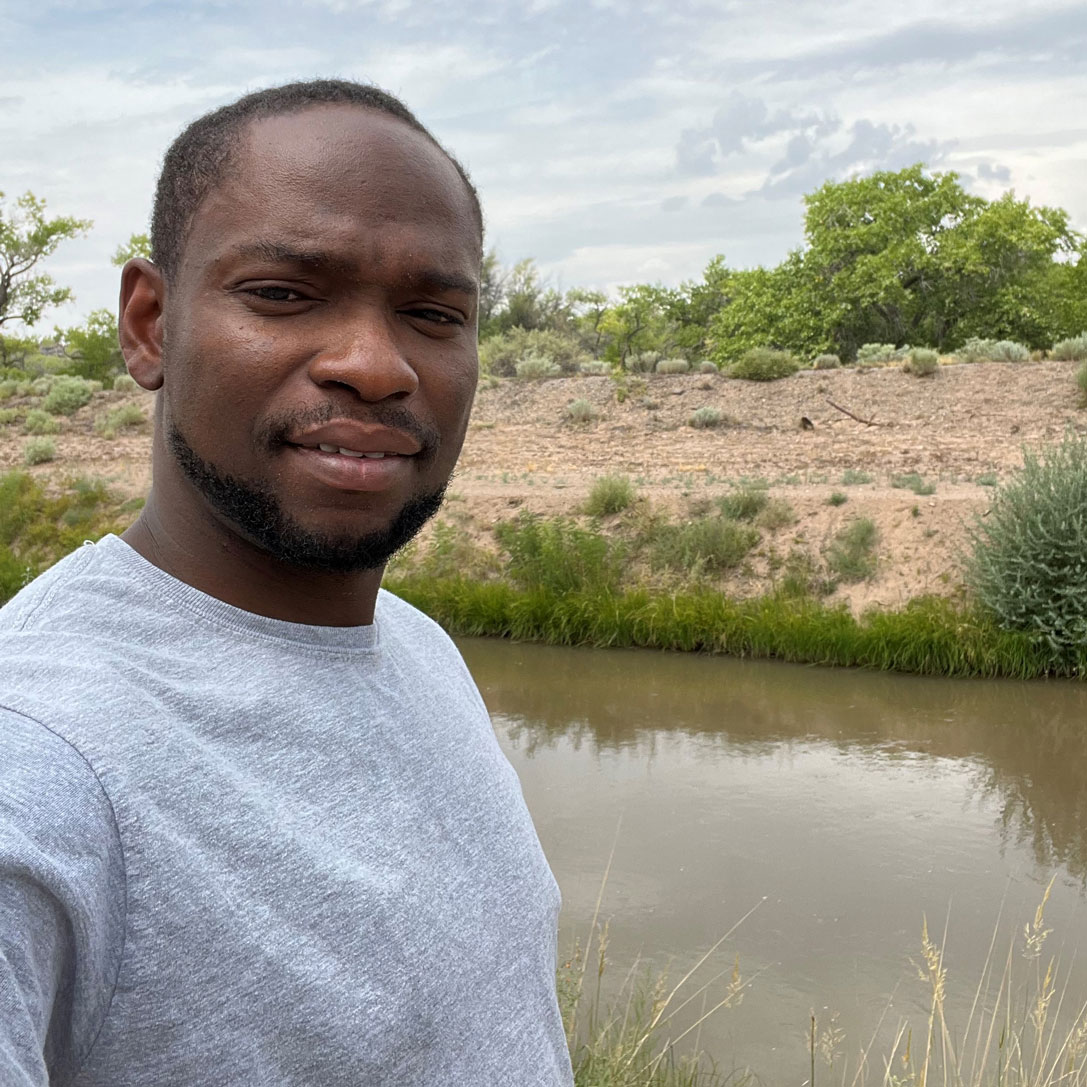
Tosin Olofinsao is a doctoral candidate in the Department of Economics at the University of New Mexico. His research examines sustainable water resources management in drylands. In his initial research, he examined the social value of treated wastewater in different water sectors simultaneously in drylands. He promises to continue this research by estimating the social value of wastewater over time and in different climate scenarios. The results from his work can have policy and economic implications for reusing treated wastewater in the drylands and in regions with extended dry periods. Tosin is a citizen of Nigeria where he obtained B.Agric. and M.Sc., He also holds MA in Economics from the University of New Mexico. He works as a Utility Economist and as an Instructor of Economics. He hopes to share his experience with his students and make them fall in love with research in Economics. During his free time, he goes running/walking along the Rio Grande River because of his love for outdoor exercise and surface water.
Alex Pearl
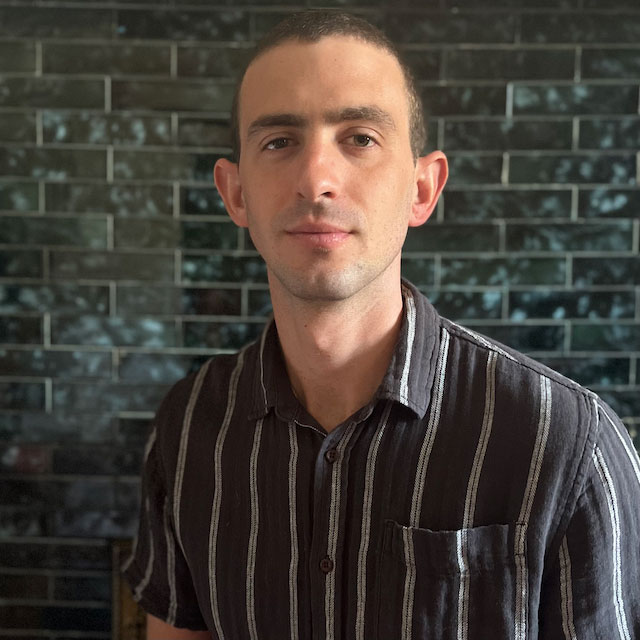
Alex Pearl is a Ph.D. student in American Studies at the University of New Mexico. He holds a B.A. in Film & Media from the University of California, Berkeley. Alex is an interdisciplinary scholar whose intellectual interests emerge from his experiences working in and nearby state prisons. He studies 20th century entanglements between higher education, the carceral state, legal activism, and US militarism. As a graduate research fellow with the UNM's Center for Regional Studies during the 2023-2024 academic year, Alex is currently researching the legacy of the 1980 Duran Consent Decree in New Mexico. He teaches courses in environmental justice and theories/methods in American Studies.
Brandy Reeves
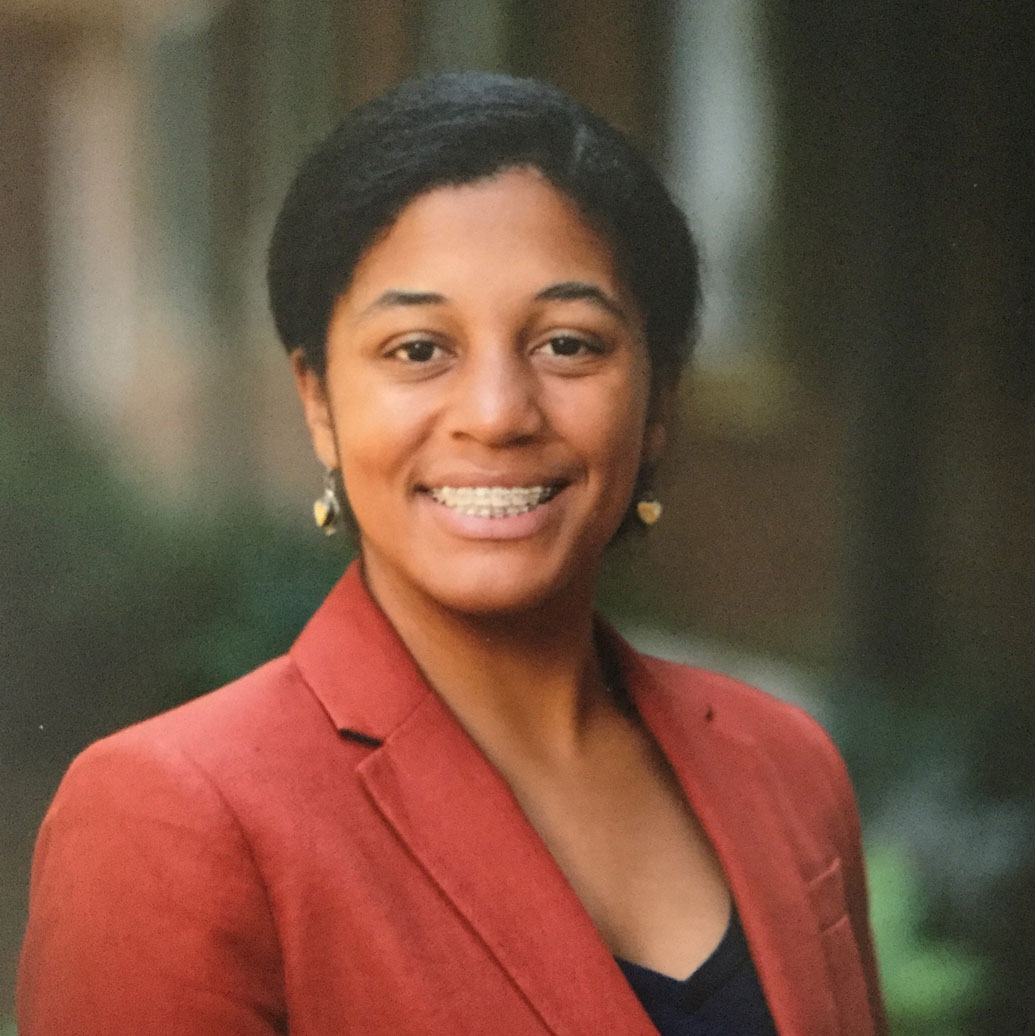
Brandy Reeves is a PhD student in the Department of English. She received her B.A. in English from Salem College and her M.A. from North Carolina State University. She studies 20th and 21st century American literature, focusing on Multiethnic American literature. She is a Graduate Assistant for the Andrew W. Mellon Extending Humanities Pathways program and has taught composition courses for the Core Writing Program. Her dissertation will focus on representation of motherhood and maternal betrayal and abandonment in Chicana/o, Indigenous, and African American texts to examine how writers attempt to challenge and revisit representations, tropes, and ideas of motherhood, social constructions of a “good” or “bad” mother, and how that distinction often leads the mother to either betray or abandon her children. With funding from the Center for Regional Studies, Brandy will visit the Sandra Cisneros Collection at Texas State University, San Marcos campus archives to examine Cisneros’ own understanding motherhood and how it impacted her writings.
Emma Ressel
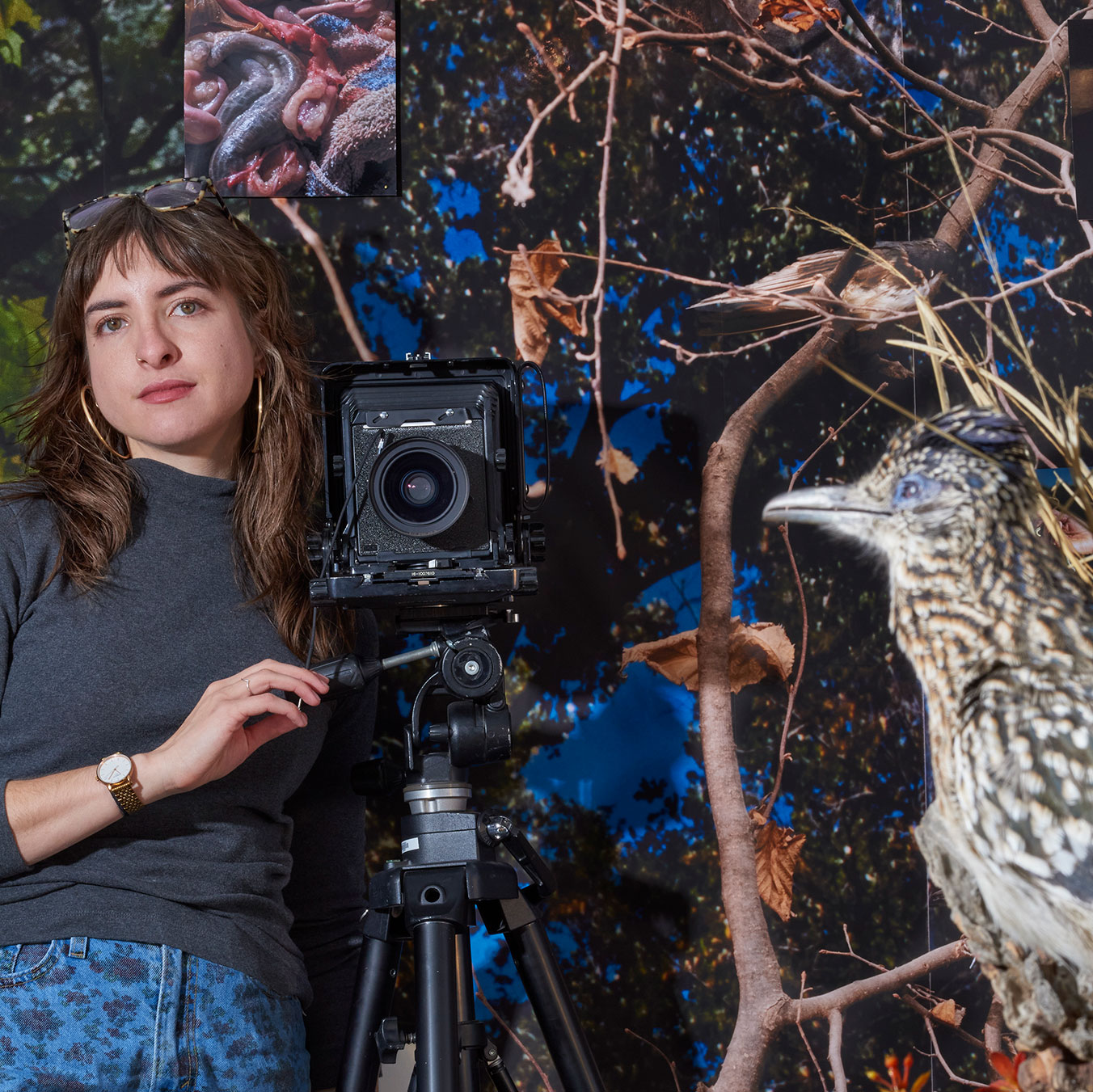
Emma Ressel is an MFA candidate in the Department of Art at the University of New Mexico. She is a visual artist who primarily uses large format photography to make still life images about decay, consuming, and the intermingling of beauty and the grotesque. Her current photographic research involves inquiries into animal preservation, science processes, and biological decomposition, working with the collection at the Museum of Southwestern Biology (MSB) as a case study. Making still life compositions with specimens at the MSB, she reflects, reinterprets, and visualizes the role of the animals stored in the museum’s stacks to speak to our attempts and failures to draw animals closer, preserve populations, and “save” them. Ressel earned her BA in Photography at Bard College. In 2022 she was awarded the Film Photo Award to support her continued use of large format film, and she is a 2023 Emerging Artist Member at Strata Gallery in Santa Fe.
Dominique Rodríguez
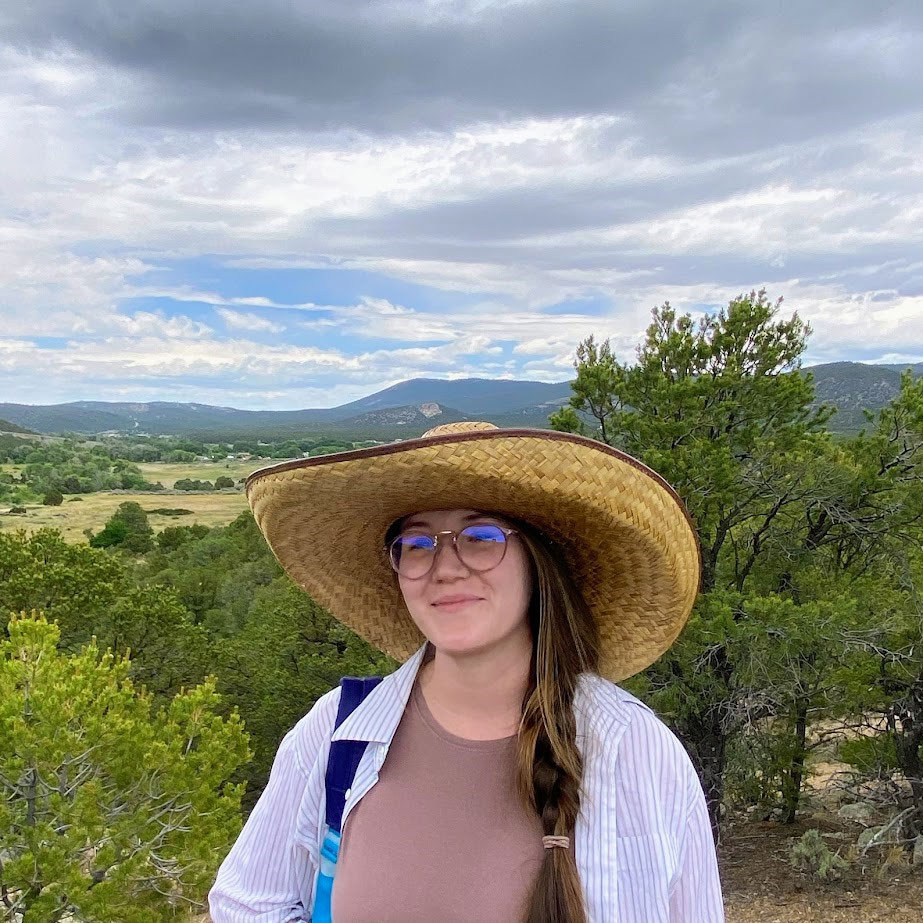
Dominique Rodríguez is a second-year doctoral student and instructor in the Chicana and Chicano Studies Department at the University of New Mexico and an instructor in the department of Languages and Culture at New Mexico Highlands University. She holds an MA in Spanish with a concentration in Hispanic Linguistics. She is a generational New Mexican whose teaching experiences include courses in Chicanx history and Spanish as a heritage language. Her research interests in Chicana and Chicano Studies include examining the role of gendered power dynamics in Chicana/o/x spiritual beliefs, cultural norms, and traditional medicine practices. Her current research examines how Chicanx spiritual healers in the U.S. Southwest exercise personal power in performing their identities as Queer, Trans, and/or female in their practice of Curanderismo and/or Brujería. She is particularly interested in how spiritual healing practices serve as a point of resistance to systems of oppression.
Andreanna Roros
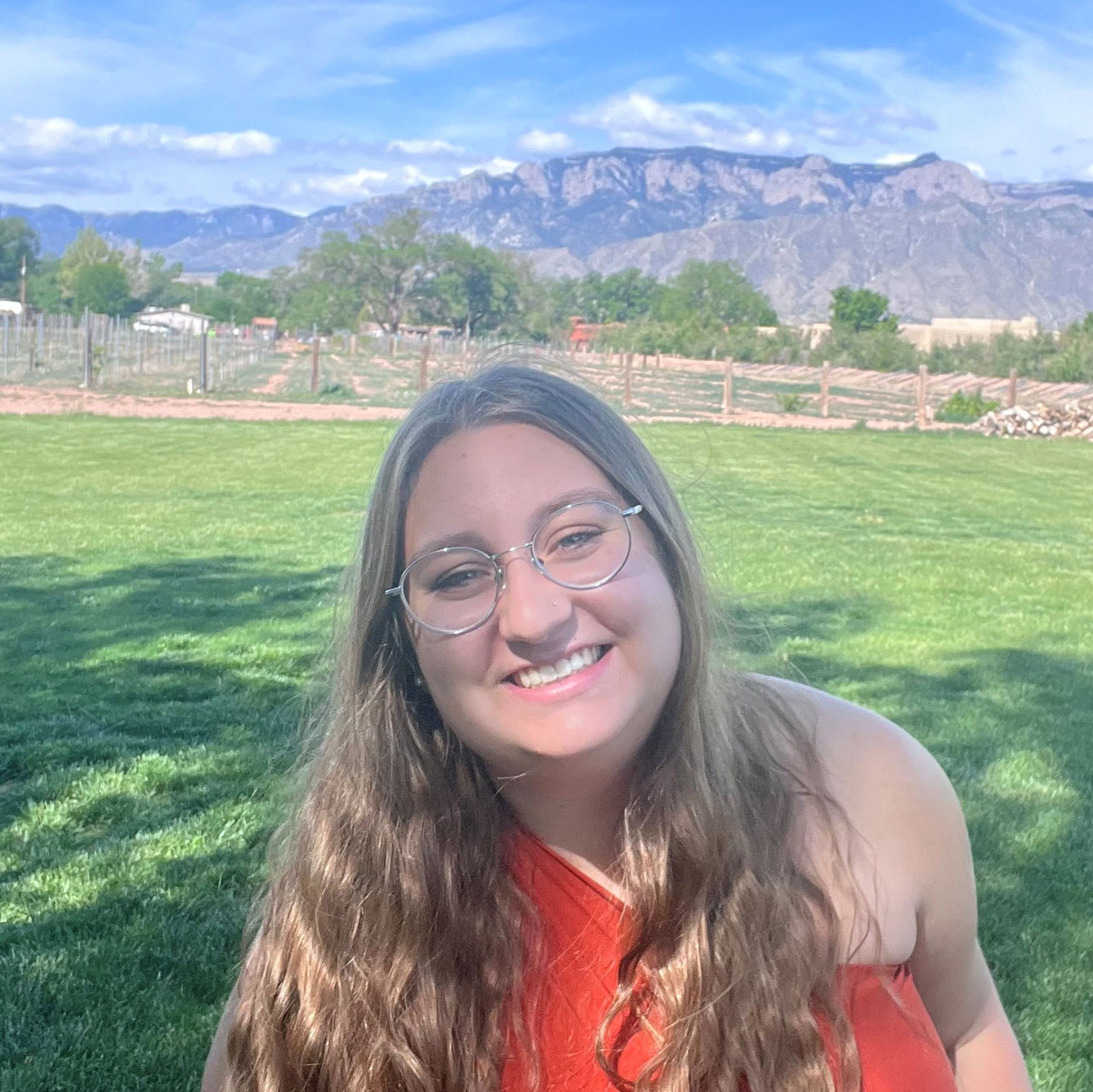
Andreanna Roros is an MS student in the Department of Earth and Planetary Science. She received her B.S. in Geological Sciences along with a Geographical Information Systems graduate certificate from the University of Delaware. At UNM, she is currently pursuing geochemical research related to environmental contamination and working on her thesis “Fate, Transport, and Impacts of Uranium-bearing particulate matter associated with the Jackpile mine, on the Pueblo of Laguna, New Mexico.”. Andreanna is part of the second cohort of the Museum Research Traineeship (MRT) program, funded by the National Science Foundation, where she is learning to perform interdisciplinary research. Along with MRT, she is also a Metals Exposure and Toxicity Assessment on Tribal Lands in the Southwest (METALS) trainee which is a multidisciplinary Superfund Research Program. Roros’ current research investigates the impact that the abandoned Jackpile Uranium Mine is having on the Pueblo of Laguna (POL) community. She will be deploying passive air samplers throughout the mine to collect toxic metal-bearing particulate matter dust that can travel deep into the respiratory tract and cause chronic health conditions–which has already been reported at POL. Her end goal is to be able to present and successfully communicate her research to the entire POL community.
Anna Rotty
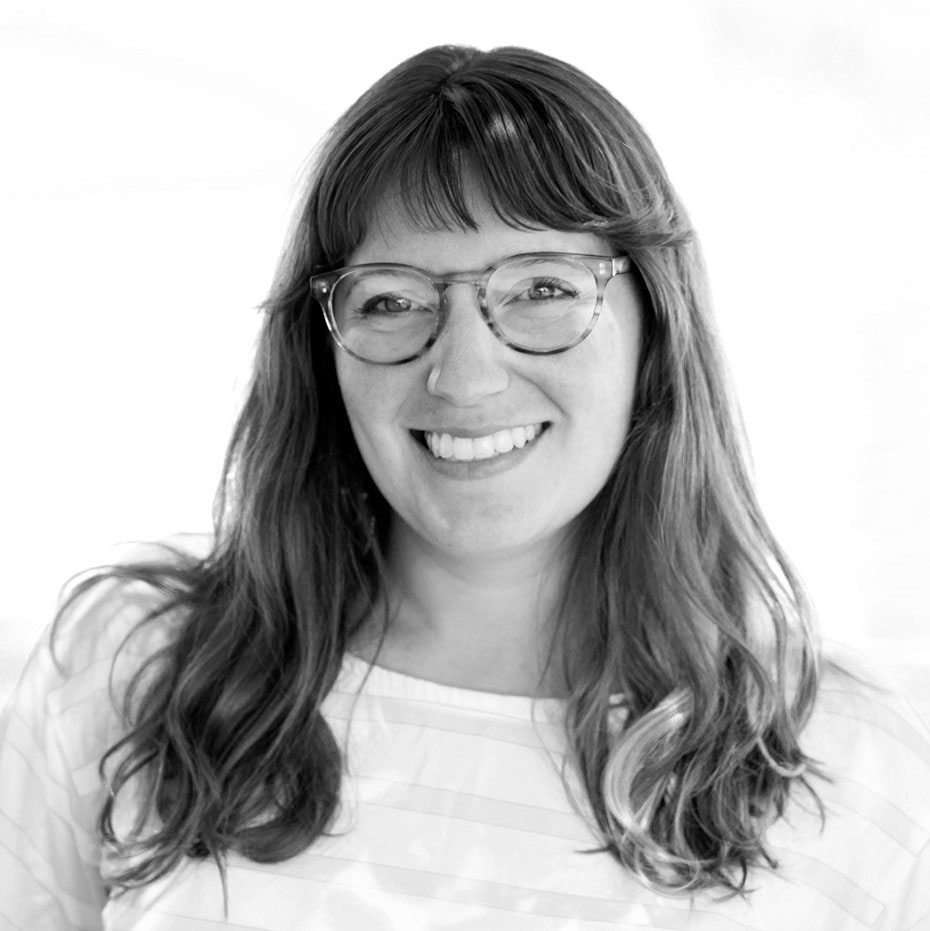
Anna Rotty is an MFA candidate in Studio Art and Teaching Assistant at the University of New Mexico. Her studio practice and MFA thesis take the form of photographic artwork and sculptural experiences of light and water. Through visual imagery, storytelling, and writing, her hope is to draw attention to the emergency of water here in New Mexico, specifically looking at the incredible and complex history of the Rio Grande. By researching archival photographs and constructing new abstract, emotional, representations of water as both something seductive, to cherish with intense care, and as something ephemeral and in need of protection, she hopes to evoke empathy. Anna has recently exhibited at the University of New Mexico Art Museum, and had her first solo show at Strata Gallery in Santa Fe as an emerging artist member. Her project was recognized as 3rd place by the Lenscratch Student Portfolio Prize.
Vittoria Totaro
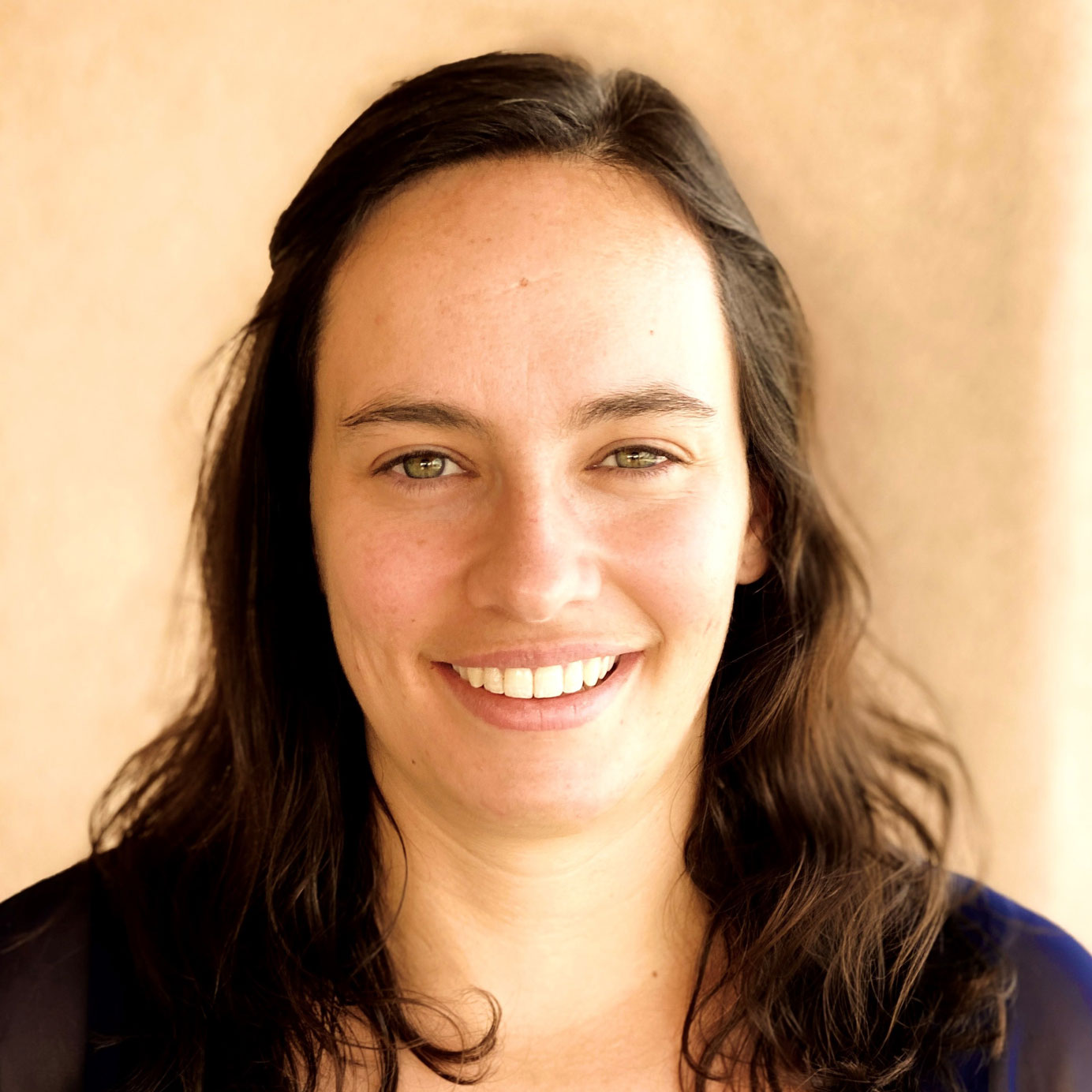
Vittoria Totaro, a 4th year PhD student in Sociology from Taos, NM, holds deep ties to New Mexican culture. She obtained a Bachelor’s degree in English and Foreign Languages in 2011, and a Master’s degree in Public Administration in 2018, both from UNM. Her thesis spotlights the utility of farmer training programs in New Mexico, where new farmers face challenges like aridification, economic instability, and neoliberal policy. She scrutinizes the impact of these programs on traditional farming communities, unveiling beneficiaries, responsibilities, and vested interests. Drawing perspectives from 14 farmers, administrators, and community members, her thesis probes the consequences of the Grow the Growers training initiative in Albuquerque's South Valley. Employing political ecology and critical race theory, particularly "racialized political ecology," her work reveals the dual role of the farmer training in preserving traditional farmland and engaging with gentrification processes.
